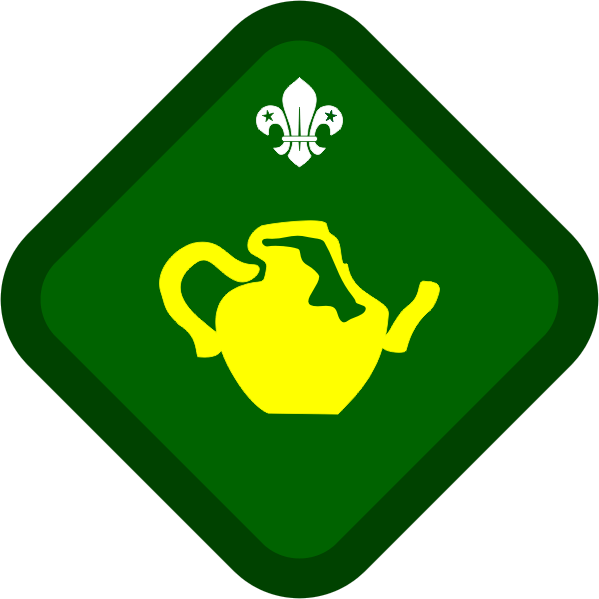


Archaeologist
- Have a knowledge of one of the periods of human prehistory (e.g. Palaeolithic, Neolithic, Bronze Age, Iron Age).
- Show an understanding of the importance of the preservation of ancient monuments, the necessity of reporting finds to the Barbados Museum, and the danger of digging without expert supervision.
- Have a general knowledge of the methods used by archaeologists for discovering and recognising sites (e.g. field work, aerial photographs, etc.) and a knowledge of the process of scheduling ancient monuments.
Complete two of the following:
- Produce a log with sketches and/or photographs of at least one week's work on a 'dig' in which you have assisted.
- Complete the following:
- Produce a log of a study made of four periods of church architecture, including sketches made in the field.
- Show that parts of a church can be approximately dated by the architectural style.
- Make a report of objects of two periods (chosen from 1 and exhibited in a museum).
- Visit all the sites possible in an area to be decided upon by the examiner or curator of the museum; report on the type and condition of each, and draw a sketch map to scale of one of them.
- Carry out an archaeological project chosen by yourself and approved by the examiner or museum curator.
Note: The report must be illustrated with sketches made in the museum, and show a knowledge of the importance and use of the objects.
Note: The report must be illustrated with a sketch map of the area chosen, with the monuments visited, marked.
The reporting to the museum authorities of actual or threatened damage to an ancient monument is of great service and should be done without delay.
